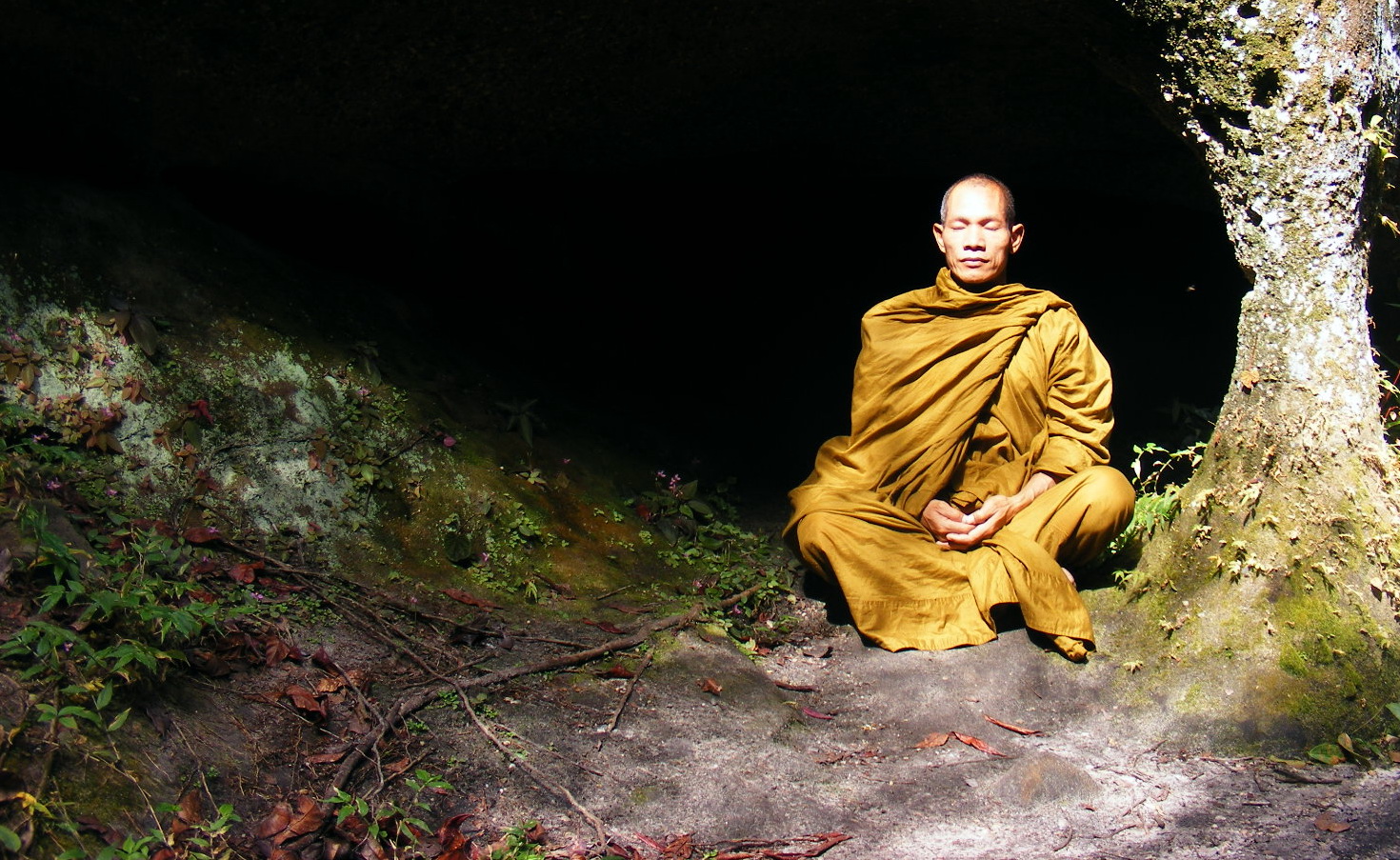Purity
Module 5 of An Introduction to Buddhist Practice‘Others will be cruel here, but we will not be cruel.’ ~ MN 8

Photo by เทวประภาส มากคล้าย, CC BY 3.0
Homework
Chapter 4: Purity from Buddhist Life, Buddhist Path – Bhikkhu Cintita (.pdf) (.epub)
Ten weeks after the stay, meditation retreats and vacations including meditation were associated with greater increases in mindfulness, lower levels of fatigue, and higher levels of well-being than an “ordinary” vacation during which meditation was not practiced.
In this essay, Judith Shklar (not a Buddhist) ponders the implications of placing cruelty first (as the Buddha did). She shows how this position stands at odds with both Christian piety and neoliberal apathy and carves out a more realistic humanism than either extreme.
Sāriputta defines perfection.
Mendicants, there are these seven kinds of wealth. What seven? The wealth of faith, ethical conduct, conscience, prudence, learning, generosity, and wisdom.
Why are the above considered forms of “wealth?” What does “prosperity” mean in this sutta? Using the ideas from Shklar’s essay, how does this kind of “wealth” create a more “prosperous” society?
Lectures
Today we’ll have two 30-minute talks instead of the usual 1 hour. In the first talk, Bhante talks about what makes someone a proper “gentleman” in Buddhism, and in our guest lecture, Ven. Hong Ci (another Canadian monk) will encourage us to take our practice beyond the five precepts.